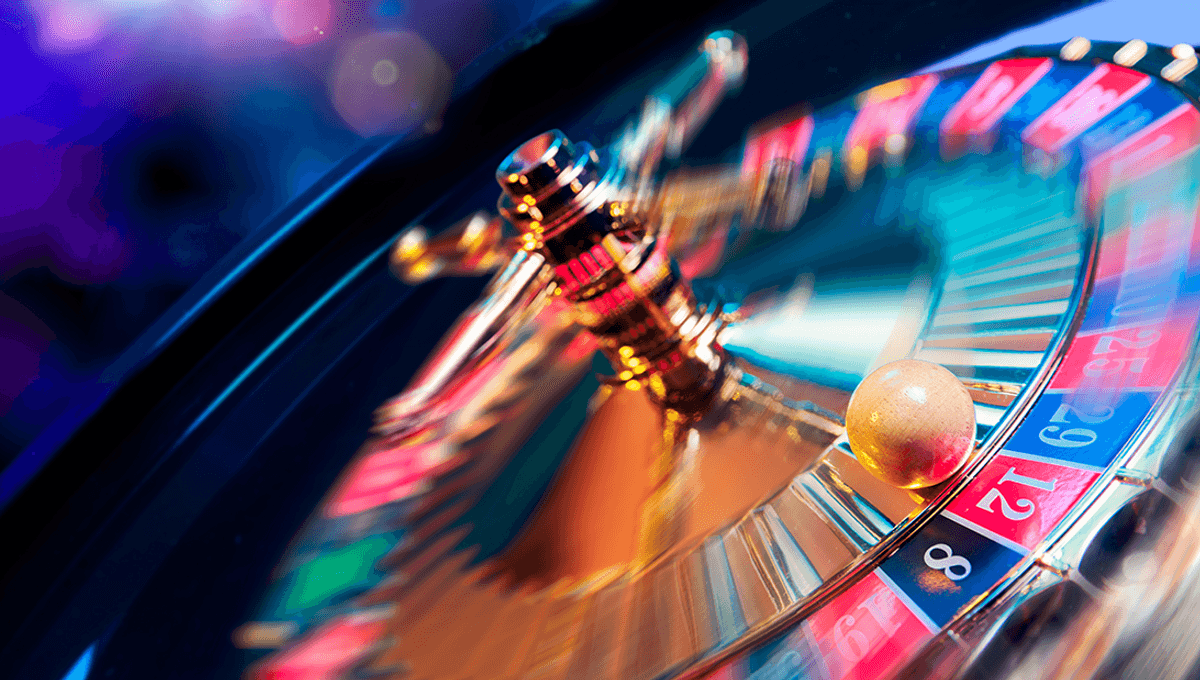
Roulette is pretty much the ideal game for people who have no clue about gambling. You choose a number or a color (no need to get complicated) and the big, pretty spinning wheel chooses a number and color at random.
Casinos are fans too. When the ball lands in the zero (or one of the double zeros on American tables), the house wins all the money, giving the house a 5.26 percent edge over patrons. Over time, the casino takes more than they give out, making around $50,000 for every $1 million spent at the table.
But what if it isn’t just random chance, and you could spot patterns in where the ball is going, to tilt the odds back in your favor? One physicist and mathematician interviewed by Bloomberg claims to have done just that, figuring out a way to beat the game, without any external help such as croupier stooges.
Over the years, people have attempted to give themselves an edge in the game, from using magnets to stop the ball in preferred sections of the wheel, to using hand-held devices that aim to predict where the ball will land. Assuming you can tip the odds more than the house did by adding two zeros, you will be able to win over time, just as they do.
These methods have the downside of being completely against the rules, and fairly difficult to disguise. Croatian physicist Niko Tosa – a pseudonym – claims to be able to beat the game by observing it over time.
In 2004, Tosa spent several weeks attending the Ritz Club casino in London, sitting at a roulette table and walking away with tens of thousands of pounds each night, becoming the most successful player that the manager had ever seen. According to Bloomberg, Tosa and two accomplices would watch as the ball span for around seven seconds before placing their bets, spreading them around up to 15 numbers.
Though they didn’t win every time, they did win a lot of money – running into the millions in total – with surprising consistency, prompting investigations by the casino, the media, and the police.
The police suspected that he was using a device to track where the ball would land, but with no evidence, he was allowed to keep his winnings.
On a perfect table, you shouldn’t be able to predict where the ball will land. However, over time, or because the table is on a slight tilt, the spin can become more predictable, creating a “drop zone” where the ball is more likely to fall.
People have utilized this to create devices that predict where the ball will land. According to Tosa, who was tracked down by Bloomberg and has not been caught using such a device, that was because he didn’t use one at all. According to one physicist who created such a device, Doyne Farmer, it’s possible that the feat could have been achieved alone.
“I do think it’s conceivable that someone could do what we do without a computer,” Farmer told Bloomberg, “providing the wheel is tilted and the rotor is not moving too fast”.
Assuming Tosa – who is understandably guarded about his methods – hasn’t found another method of winning, he was able to find such tables, and then return to them until he had his fill.
Source Link: The Physicist And Mathematician Who Claims He Can Beat Roulette